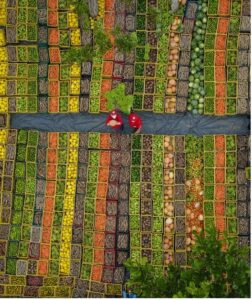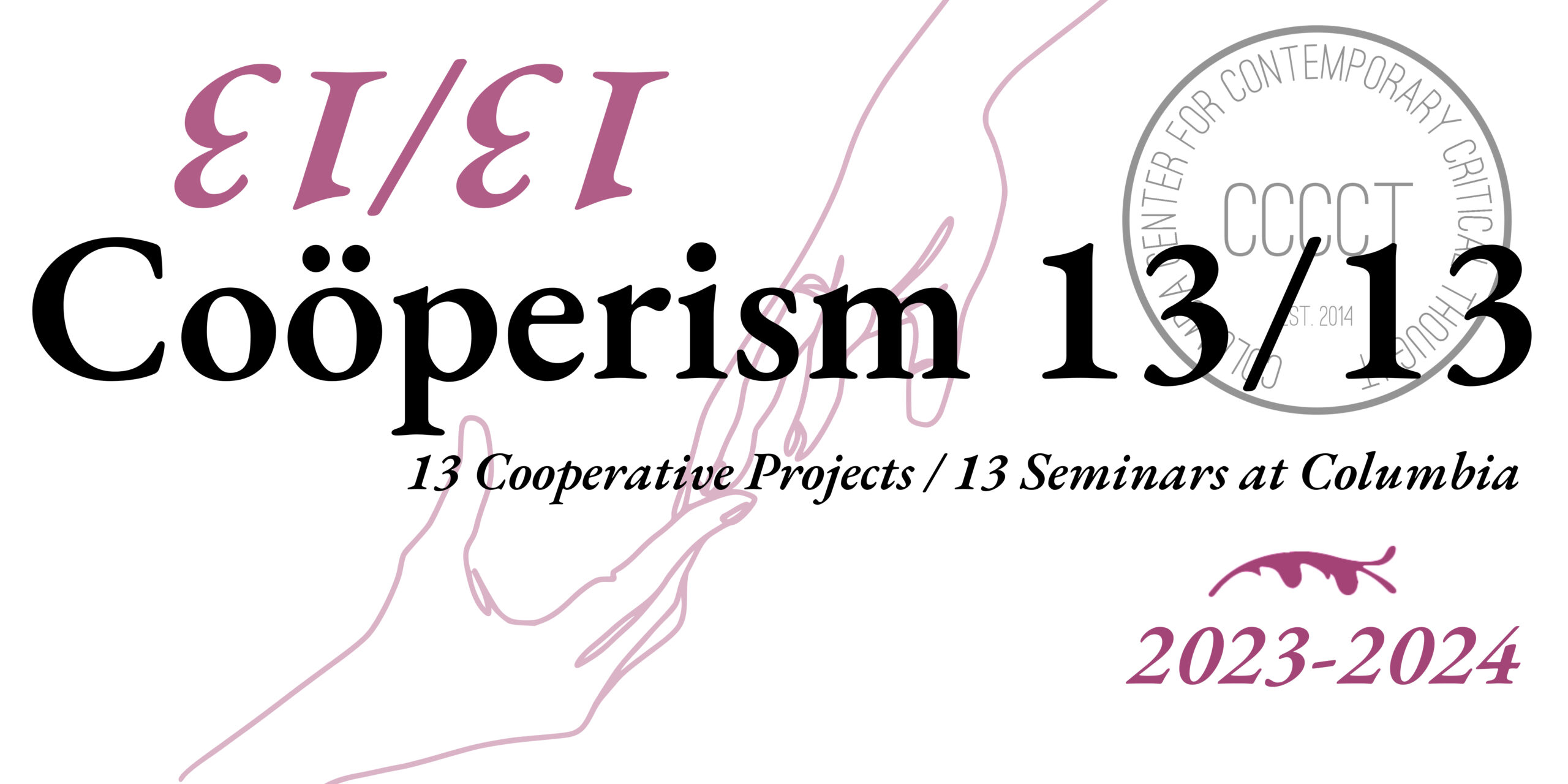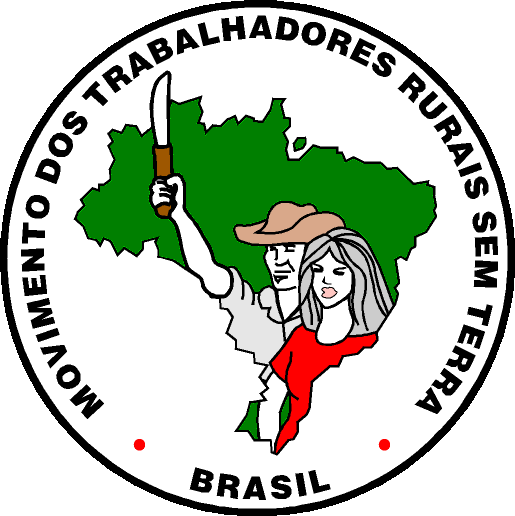Watch Coöperism 4/13 on Brazil’s Landless Workers Movement:
Bethania Assy, Antonio Pele, and Bernard E. Harcourt
discuss
Histories of Cooperative Resistance in Brazil and the Landless Workers Movement
Wednesday, October 18, 2023
Columbia University
In this fourth seminar of Coöperism 13/13, we turn to Brazil’s Landless Workers Movement and other political movements in Brazil to explore how cooperation infuses these social movements. Today, Brazil’s Landless Workers Movement (MST) may be one of the largest social movements in Latin America. Reports suggest there are as many as 460,000 families who are part of the movement. Those families work and live in collectives on unused lands they have appropriated, taken over, settled, and turned into productive agrarian farmland. They have done so most often through forms of cooperation, operating as large collectives.
These are not just rogue occupations. They can be sanctioned under Brazilian law that requires farmland to remain productive. Once the occupations take place, and the collectives begin to farm the land, their lawyers can claim title to the land in Brazilian courts and get title that way. About 60% of the movement’s occupations have been ratified. The result has been an extraordinary working and living situation for hundreds of thousands of impoverished families who have lifted themselves out of poverty, and an extraordinary production of agricultural goods.
These occupations have been fraught and involve difficult struggles that have, of course, caused a lot of backlash and resistance from local farmers and ranchers, including a lot of retaliatory violence. As a result, there have been transformations in the forms of cooperation within the movement and an evolution towards a particular kind of “camponês” (“someone from the countryside”) form of cooperation associated with the farmworker cooperative attitudes towards the land that are unique to this movement. There is a long history of struggle to create the kind of cooperation that is most successful in this particular political and social context.
To help us explore these unique forms of cooperation, we welcome two brilliant critical theorists, Bethania Assy of the PUC University of Rio de Janeiro and Antonio Pele also of PUC-Rio University and the EHESS. They will discuss not only the Brazilian Landless Workers Movement but other social movements and forms of resistance and how cooperation infuses those forms of resistance in Brazil.

Visit of Lula to an MST farming cooperative (2023). Photo credit: Ricardo Stuckert.

